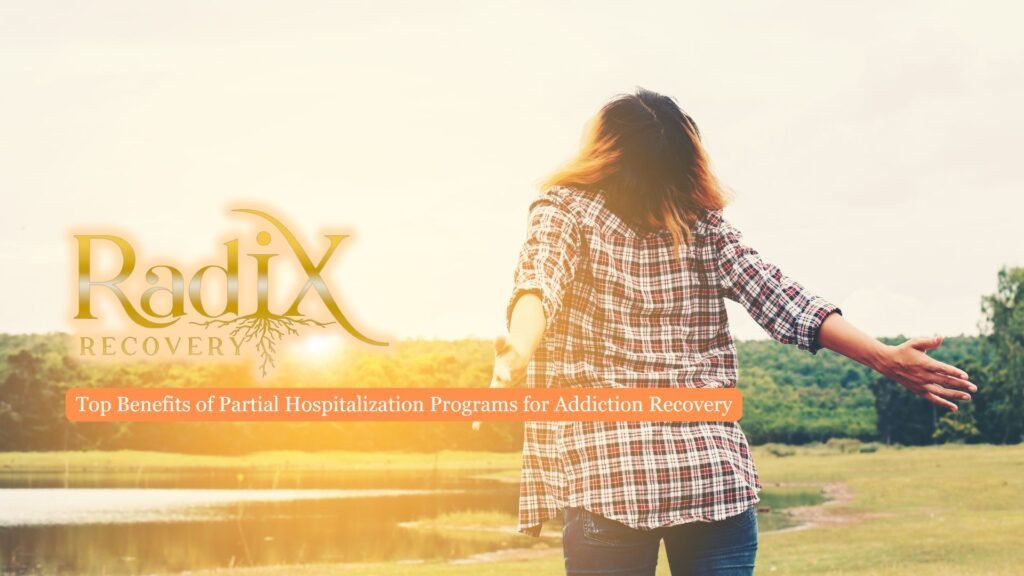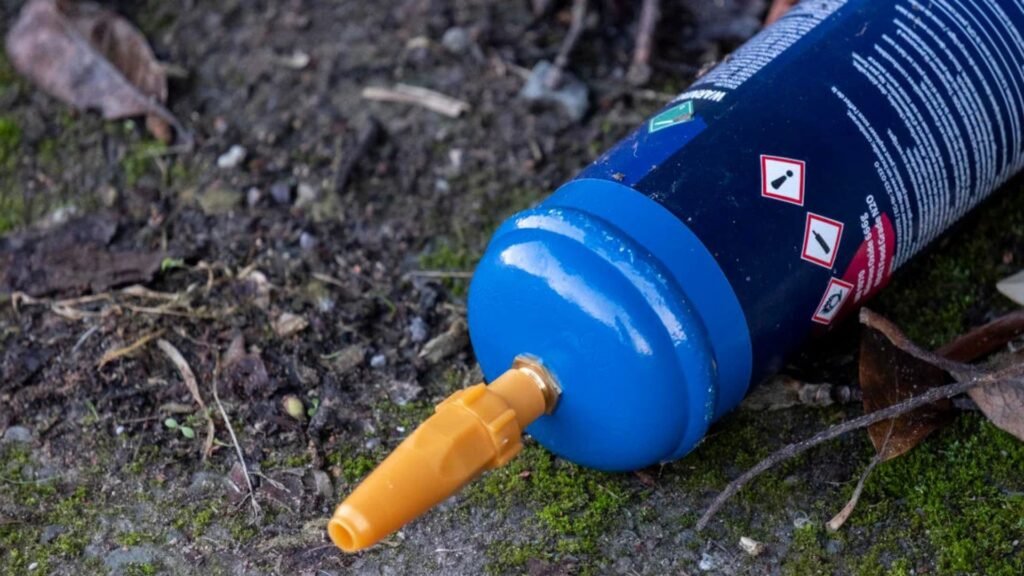The challenges of everyday life, combined with the specific requirements of recovery, can create a perfect storm of stress and worry that threatens to derail even the most dedicated individuals. For those in recovery, stress can be especially hazardous, as it frequently serves as a trigger for relapse, potentially undoing months or even years of hard work.
In this article, we will highlight the top five practical and proven strategies to help you manage the stressors that arise during recovery.

Practice Mindfulness Meditation
By focusing on the present moment, you can significantly reduce anxiety levels and enhance emotional regulation.
Even just 10-20 minutes of daily mindfulness practice can improve overall mental health, helping you recognize and manage negative thought patterns that often lead to cravings and stress.
Mindfulness meditation lowers cortisol, a stress hormone, promoting a sense of calm and well-being. Incorporating these practices into your daily routine can increase resilience, enabling you to handle the challenges of recovery more effectively.
Mindfulness allows you to step back from stressful situations, observe your thoughts and emotions without judgment, and respond in a more balanced manner.
Begin your journey to a stress-managed, sober life by choosing an intensive outpatient program that has integrated stress management as part of its psychoeducation curriculum.
Healthy Lifestyle Choices
Prioritize balanced meals rich in whole foods to nourish your body and elevate your mood. Eat a diverse range of foods, including fruits, vegetables, whole grains, lean proteins, and healthy fats. Try to consume at least 5 servings of fruits and vegetables each day. Avoid processed foods, sugar, and unhealthy fats.
Strive for a minimum of 150 minutes of moderate-intensity exercise every week. Incorporate both aerobic and resistance exercises to maximize health benefits. Choose activities that you enjoy, such as walking, cycling, or swimming.
Stick to a regular sleep schedule, aiming for 7-9 hours of sleep each night.
Connecting with Nature
Spending just 20 minutes outdoors can significantly improve your mood and reduce anxiety.
Whether you’re hiking, gardening, or simply taking a walk in the park, engaging in outdoor activities not only promotes physical health but also enhances your mental well-being by fostering a sense of connection with the environment.
When access to the outdoors is limited, you can still benefit from nature’s stress-reducing effects by viewing landscapes or natural scenes. This imagery can evoke relaxation responses and decrease levels of cortisol, a stress hormone, thereby promoting overall mental health and resilience.
Practicing mindfulness in nature, such as paying attention to the sounds and sights around you, can further enhance emotional balance and clarity during stressful moments.

Build Support Networks
Having supporting relationships is essential for your emotional well-being, as it reduces feelings of isolation and provides a safe space for sharing experiences and challenges. Engaging with support groups can offer you a sense of community and understanding, allowing you to connect with others who share similar experiences in recovery.
Regular check-ins with trusted friends, family members, or sponsors can enhance your accountability and provide encouragement during stressful times. Establish open communication within your support network to alleviate emotional burdens and promote healthier coping strategies.
Strong social support is linked to lower levels of stress and a greater likelihood of maintaining long-term sobriety.
Engage in Enjoyable Activities
Engaging in hobbies and leisure pursuits can significantly reduce stress levels by providing a positive distraction from daily challenges. These activities enhance overall mood through the release of endorphins, fostering a sense of accomplishment and serving as a productive outlet for emotions and frustrations.
Social interactions during fun activities strengthen connections with others, offering a vital support network that benefits mental health during recovery. Some treatment centers even incorporate innovative approaches like cold therapy to boost dopamine naturally and reduce stress. Regular involvement in enjoyable pursuits improves emotional regulation, helping you cope better with stressors associated with recovery.
Dedicating time to creative outlets, such as art or music, promotes relaxation and serves as a therapeutic tool for effectively managing stress.
Final Thoughts from Radix Recovery
At Radix Recovery, our comprehensive programs are carefully crafted to provide you with the essential knowledge, skills, and support needed to navigate the challenges of recovery and build a fulfilling life free from substance use. Nestled in the heart of Iowa, Radix Recovery offers a tranquil environment where you can fully focus on your healing journey. Our experienced team of professionals is dedicated to delivering personalized care that not only addresses addiction but also the underlying stressors that can contribute to substance use.































































